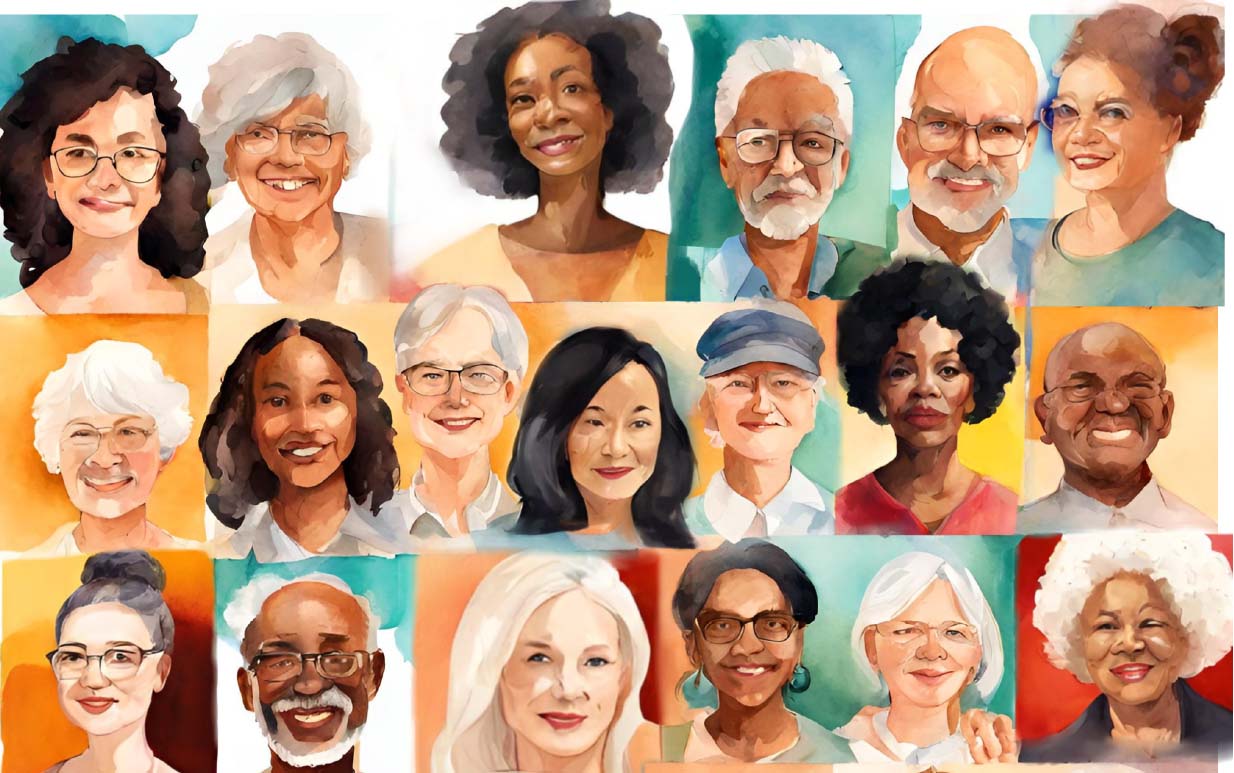Are you feeling called to become a death doula? The role of a death doula is meaningful, heart-centered path, offering families an additional layer of care and compassion as they navigate the tender and often overwhelming journey of losing a loved one. By providing emotional, physical, and spiritual support, death doulas create a safe, comforting presence during a time when many feel unmoored. If you’ve decided to pursue this path, enrolling in a certificate course is the next step on your journey. Here’s what you can expect to learn as you prepare to hold space for others at the end of life.
Understanding Grief and Loss
Grief is a deeply personal and often complex experience. As a death doula, you’ll encounter families and individuals processing loss in ways that are unique to their relationships and circumstances. Training programs often include lessons on the nature of grief—its stages, nuances, and the ways it manifests emotionally, physically, and spiritually. By deepening your understanding of grief, you’ll learn how to gently support others, offering empathy and guidance without judgment. This knowledge allows you to meet people where they are, whether they need a listening ear, a steady presence, or tools to navigate their pain.
Cultivating Compassionate Communication
Being a death doula is as much about what you say as it is about your ability to listen and hold silence. Every family’s experience with end-of-life care is different, and there’s no one-size-fits-all approach to communication. Training programs teach you how to develop sensitive and intuitive communication skills so you can respond thoughtfully to each unique situation. You’ll practice listening deeply, choosing words with care, and recognizing when silence can speak louder than words. In moments of vulnerability and grief, this level of sensitivity can help families feel truly seen and supported.
Recognizing the Signs of Transition
Part of your role as a death doula is to guide families through the physical changes that occur as the end of life approaches. Training programs will help you recognize the signs of the dying process, such as shifts in breathing, awareness, and energy. By understanding these changes, you can help prepare loved ones for what to expect, offering reassurance and creating space for meaningful moments of connection. Knowing how to guide families through these transitions can provide a sense of peace during an otherwise uncertain time.
Navigating Spiritual Conversations
End-of-life experiences often bring profound spiritual questions to the surface. As a death doula, you don’t need to have all the answers—but you will need to hold space for those who are exploring theirs. Training programs often include foundational lessons in spiritual care, helping you approach diverse beliefs with respect and curiosity. Whether it’s a conversation about faith, the afterlife, or finding meaning in the dying process, you’ll learn how to provide compassionate, nonjudgmental support. These moments of connection can offer solace to both patients and their families, creating a sense of comfort and peace.
Embracing the Sacred Work of a Death Doula
Becoming a death doula is not just about learning skills—it’s about embodying a way of being. This work requires tenderness, patience, and a willingness to sit with the unknown. Through your training, you’ll gain the tools and knowledge you need to walk alongside individuals and families at the end of life, offering them love, comfort, and care when they need it most. If you feel called to this sacred work, the journey of becoming a death doula will not only transform how you support others—it will transform you as well.
If this path resonates with you, taking the step to begin training could open a door to a deeply fulfilling way to serve others during life’s most profound transition.

